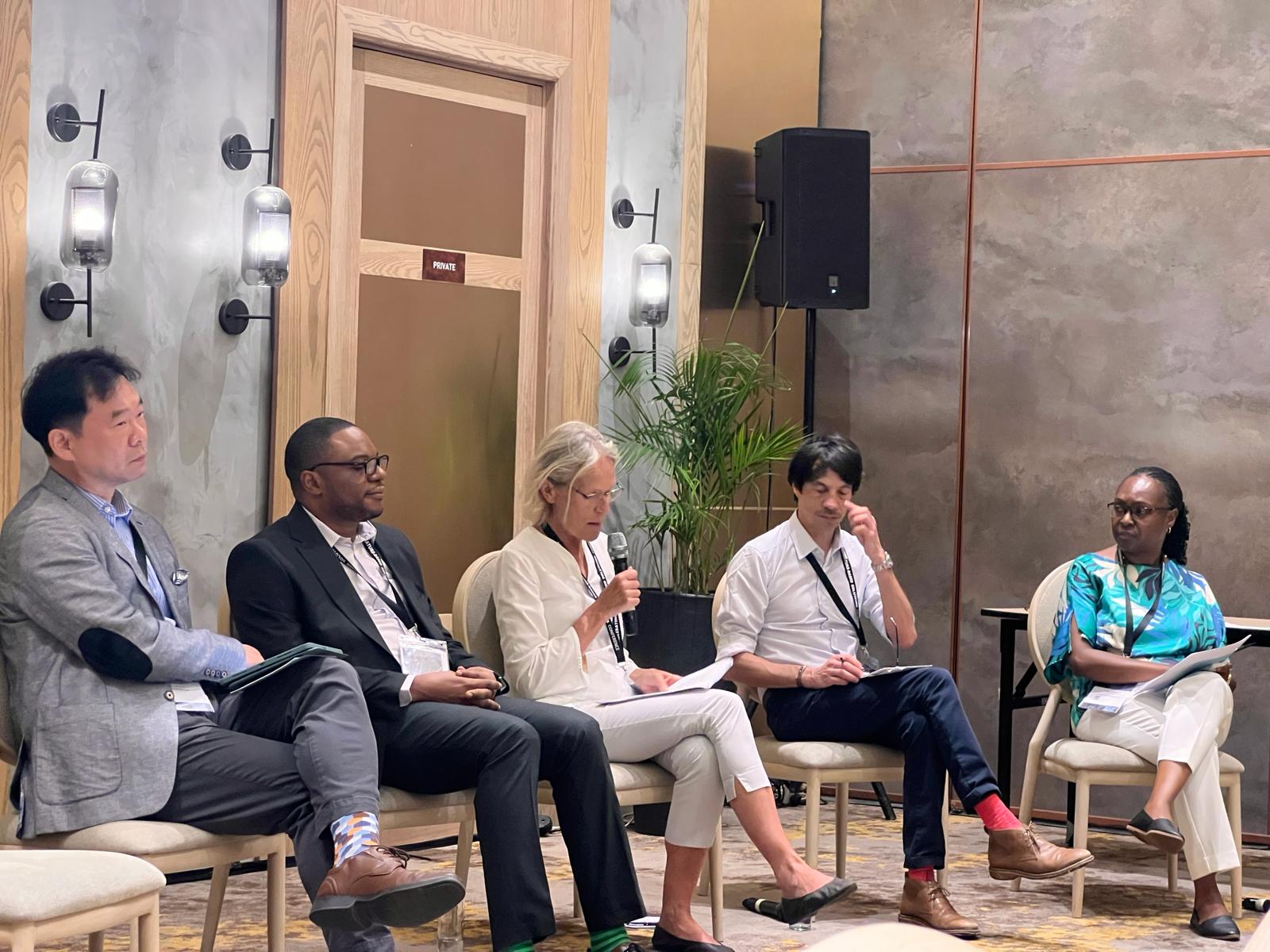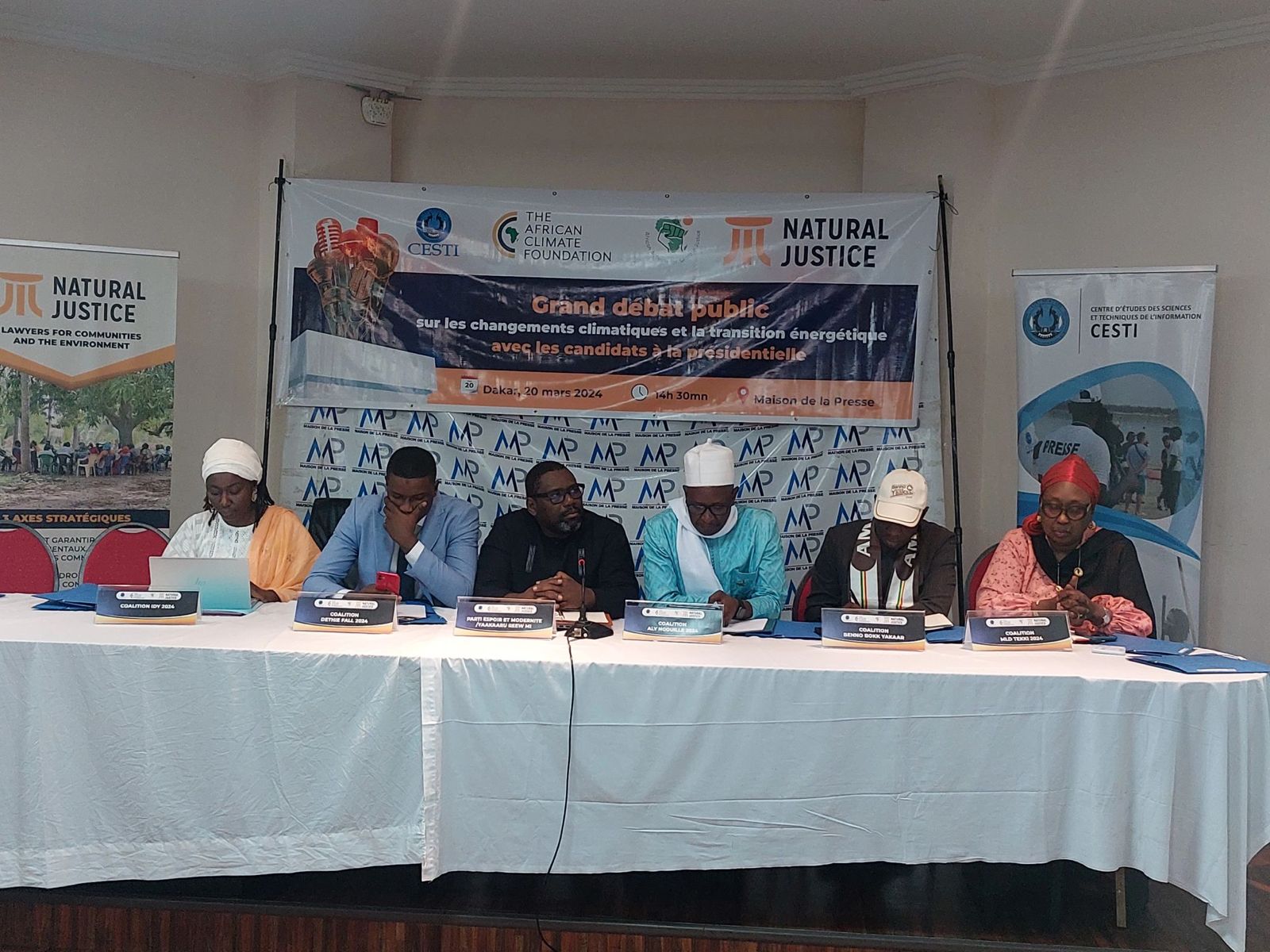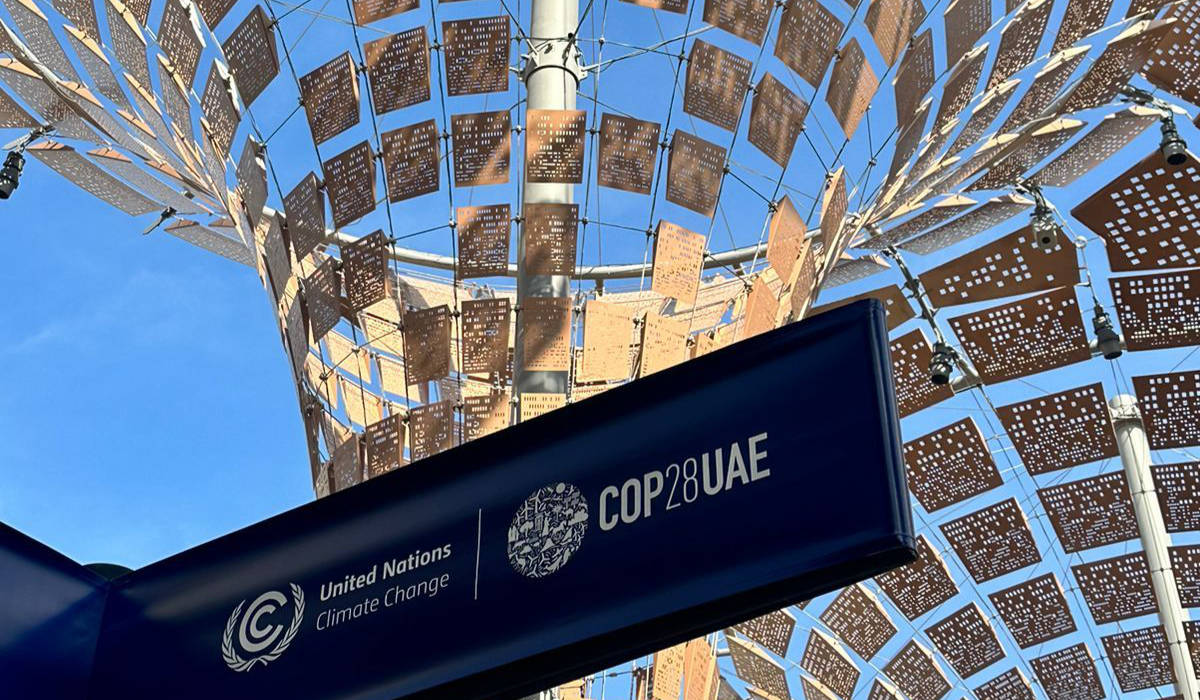As the climate talks entered their final days world leaders and climate activists called for a final push for a historic agreement and for the summit to make COP26 a world-saver.
There has been a chorus of voices calling for more “ambition” in targets to keep warming below 1.5 degrees.
Negotiators have until Friday to reach an agreement on tougher action that will see COP26 set an ambitious deal. But all nations have to agree, and differences over money and emissions reduction targets have complicated the outcome. The UN’s climate summits are notorious for not ending on time, and negotiations have run well into the weekend.
The final two days at the conference are usually the hardest of all as the different players push for a deal that can make a difference. The challenge is that every country has to agree on every word in the final text of the deal.
The host country’s prime minister Boris Johnson urged countries to “pull out all the stops in the next few days to keep 1.5 alive.”
Another statement from a negotiating group known as the “high ambition coalition” called on countries to deliver more ambitious climate pledges in line with the 1.5 degree target. This year the United States joined the group, which has members as diverse as Angola and Canada.
United Nations Secretary-General Antonio Guterres appealed to all countries to increase their ambitions.
On Wednesday hope surfaced when an initial draft of a possible agreement was released. The text, which called on attendees to “revisit and strengthen” their plans for cutting greenhouse gas emissions nations by the end of 2022, and to “accelerate the phasing out of coal and subsidies for fossil fuels” represented hope that a significant agreement could emerge from COP26
Analysts said the specific references on coal and government fossil fuel subsidies in the draft text was promising because it had never been specifically included in a UN climate agreement before.
Still, countries will have to go further with emissions-cutting pledges if they want to reach the 1.5 degree target, according to the latest independent analysis by Climate Action Tracker. Another analysis by the International Energy Agency (IEA) estimated that climate pledges made so far at COP26 could help limit global warming to 1.8 degrees.
An agreement struck between rivals the US and China, also the world’s two biggest polluters, to “enhance ambition” on climate change with bigger cuts, lifted moods at the summit.
Money remained a divisive issue, as expected. The issue of who pays for what is ensuring that negotiators are burning the midnight oil. Issues around climate finance centred on who should receive it, how to make sure it is used effectively, how it should be measured and what should be defined as climate finance.
Developing countries still insist that wealthy nations should meet their promises of climate finance which they committed to back in 2009 at the Copenhagen climate summit. Wealthy countries back then pledged at least $100 billion a year to the developing world by 2020. But the so-called Broken Promises report found that rich countries had broken their promises around climate funding.
Also, getting wealthy countries to commit to a fund for loss and damage that would compensate vulnerable countries for any climate damage suffered because of wealthy countries’ industrialisation has been a challenge..



